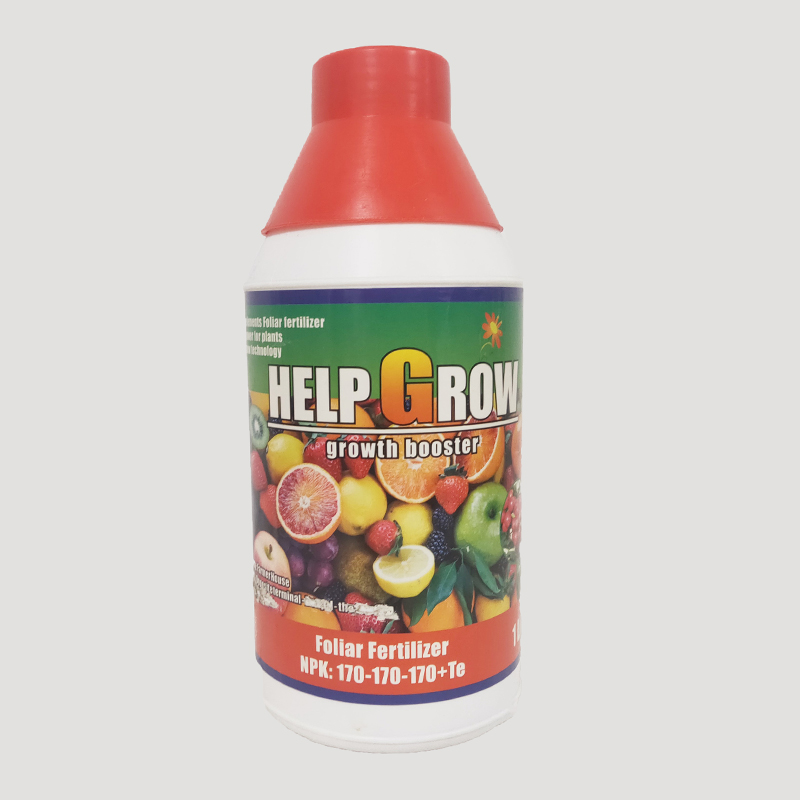
Nov . 13, 2024 16:47 Back to list
good potassium fertilizer
Good Potassium Fertilizer Enhancing Crop Yield and Quality
Potassium is one of the three primary nutrients essential for plant growth, alongside nitrogen and phosphorus. It plays a critical role in various physiological processes, making potassium fertilizers vital for achieving optimal crop yield and quality. In this article, we will explore the importance of potassium fertilizers, their types, benefits, and effective application techniques.
Importance of Potassium in Plants
Potassium is essential for several reasons. Firstly, it aids in photosynthesis, the process by which plants convert light energy into chemical energy, providing the fuel necessary for growth. Secondly, potassium regulates stomatal opening and closing, which influences water use efficiency. This is particularly crucial in drought-prone areas where water conservation is essential. Additionally, potassium activates many enzymes involved in energy transfer and protein synthesis, which are key to the overall health of the plant.
Types of Potassium Fertilizers
There are several types of potassium fertilizers available on the market, each with unique properties and benefits. The most commonly used potassium fertilizers include
1. Potassium Chloride (KCl) Often referred to as muriate of potash, potassium chloride is the most widely used potassium fertilizer. It contains about 60% potassium and is suitable for most crops. However, its high chloride content may not be suitable for sensitive crops such as tobacco, potatoes, and certain fruits.
2. Potassium Sulfate (K2SO4) This fertilizer provides both potassium and sulfur, which is essential for forming proteins in plants. Potassium sulfate is more expensive than potassium chloride but is ideal for chloride-sensitive crops and those grown in chloride-rich environments.
3. Potassium Nitrate (KNO3) This fertilizer combines potassium and nitrogen, making it suitable for crops requiring both nutrients. It is particularly beneficial for fruit and vegetable production, enhancing quality and yield.
good potassium fertilizer

4. Langbeinite (K2Mg2(SO4)3) A naturally occurring mineral that provides potassium, magnesium, and sulfur, langbeinite is a suitable option for magnesium-deficient soils.
Benefits of Using Potassium Fertilizers
The use of potassium fertilizers leads to numerous benefits for farmers and gardeners alike
- Enhanced Crop Yield Adequate potassium levels can significantly increase crop yields, allowing farmers to produce more food and increase profitability. - Improved Quality Potassium contributes to better fruit quality, including size, taste, and shelf life. It also reduces the occurrence of physiological disorders in fruits and vegetables.
- Disease Resistance Potassium strengthens plant cell walls, enhancing their ability to resist diseases and pests. This can lead to a reduced need for chemical pesticides, promoting sustainable farming practices.
- Stress Tolerance Plants with sufficient potassium levels exhibit better tolerance to environmental stresses, such as drought and salinity. This adaptability is crucial in the face of climate change and unpredictable weather patterns.
Effective Application Techniques
To maximize the benefits of potassium fertilizers, proper application techniques should be followed. Soil testing is the first step, as it helps determine existing potassium levels and guides appropriate fertilizer rates. It’s best to apply potassium fertilizers at the time of planting or during specific growth stages when the plants have higher potassium demands. Broadcasting, banding, and fertigation are common application methods, each with its own advantages.
In conclusion, good potassium fertilizer is vital for enhancing crop yield and quality. By understanding its importance and utilizing the right types and application methods, farmers can significantly improve their overall productivity while contributing to sustainable agricultural practices. Adequate levels of potassium not only ensure healthy plant growth but also promote food security for a growing global population.
-
10 10 10 Fertilizer Organic—Balanced NPK for All Plants
NewsJul.30,2025
-
Premium 10 10 10 Fertilizer Organic for Balanced Plant Growth
NewsJul.29,2025
-
Premium 10 10 10 Fertilizer Organic for Balanced Plant Growth
NewsJul.29,2025
-
Premium 10 10 10 Fertilizer Organic for Balanced Plant Growth
NewsJul.29,2025
-
50 Pound Bags of 13-13-13 Fertilizer for All Plants – Bulk & Organic Options
NewsJul.28,2025
-
High-Efficiency 15-30-15 Granular Fertilizer for Healthy Crops
NewsJul.28,2025
